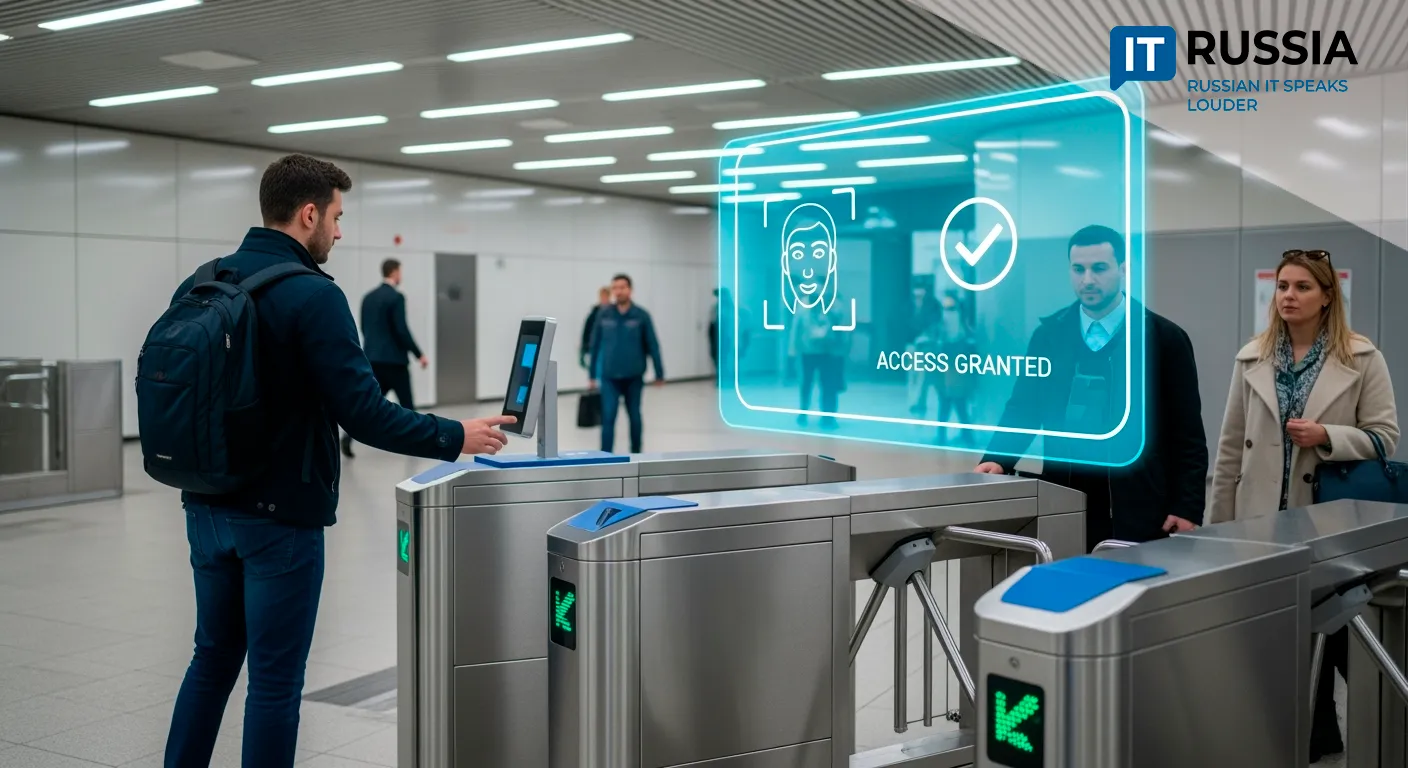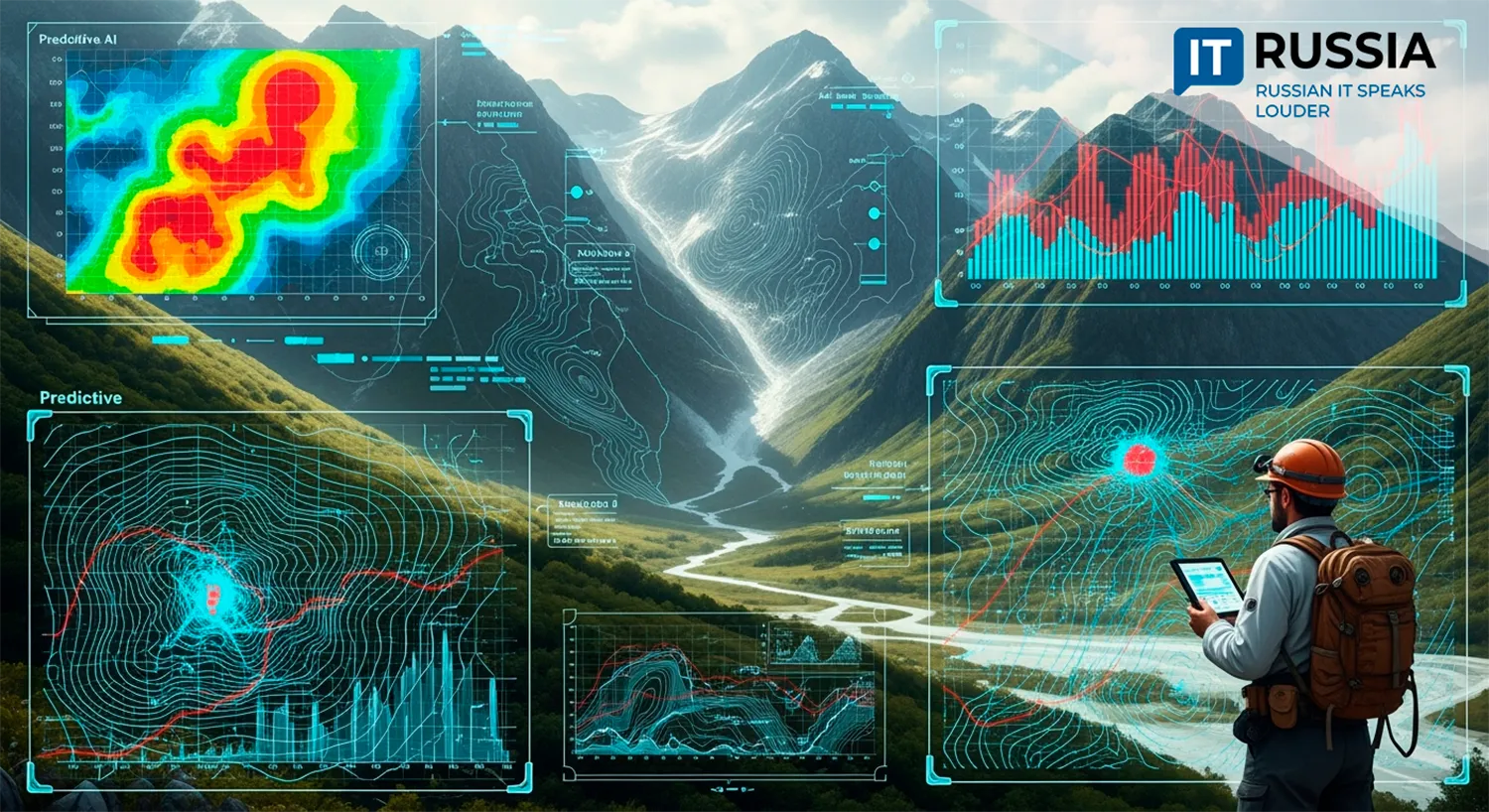Russia Develops AI System to Optimize Nuclear Icebreaker Routes
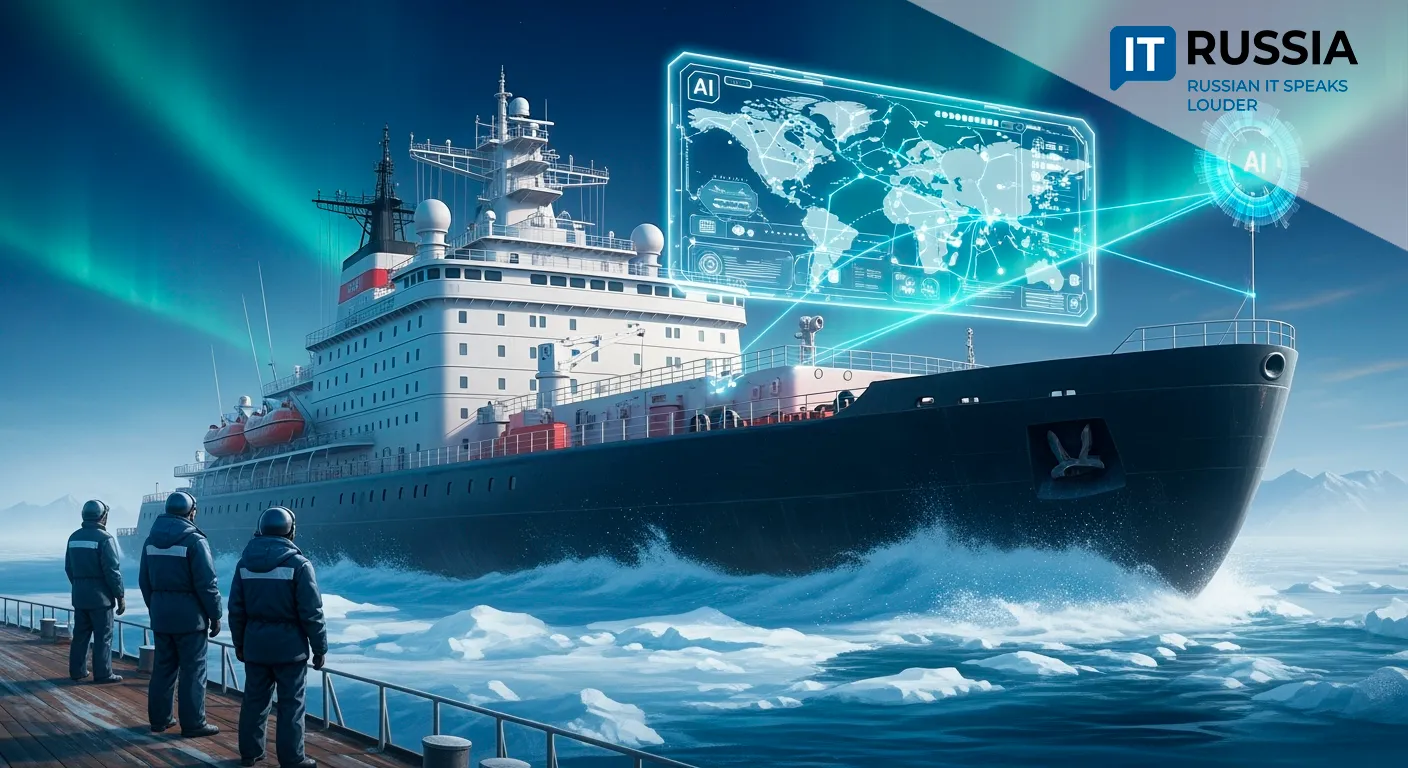
A team of researchers at the National Research Nuclear University MEPhI has developed an AI-based system to optimize navigation routes for nuclear-powered icebreakers, aiming to improve Arctic transport efficiency. The project was awarded at the 2025 All-Russian Engineering Competition.
Machine Learning for Real-Time Ice Navigation
In July 2025, MEPhI’s Faculty of Business Informatics and Complex Systems Management presented an intelligent system designed to improve routing for nuclear-powered icebreakers. Developed under the 'Priority 2030' program, the system leverages machine learning algorithms to process data on ice conditions, weather, and vessel specifications—including engine power and cruising speed. The software calculates routes that minimize transit time and reduce accident risks amid difficult ice conditions. This is particularly vital for Project 22220 vessels such as Arktika and Ural.
The algorithm processes real-time data, forecasts shifts in ice dynamics, and suggests paths around hazardous zones. As a result, convoy times can be reduced by 15–20%, significantly cutting operating costs. The system is designed for integration with Rosatom's digital platforms like Multi-D, enabling seamless collaboration with existing IT infrastructure.
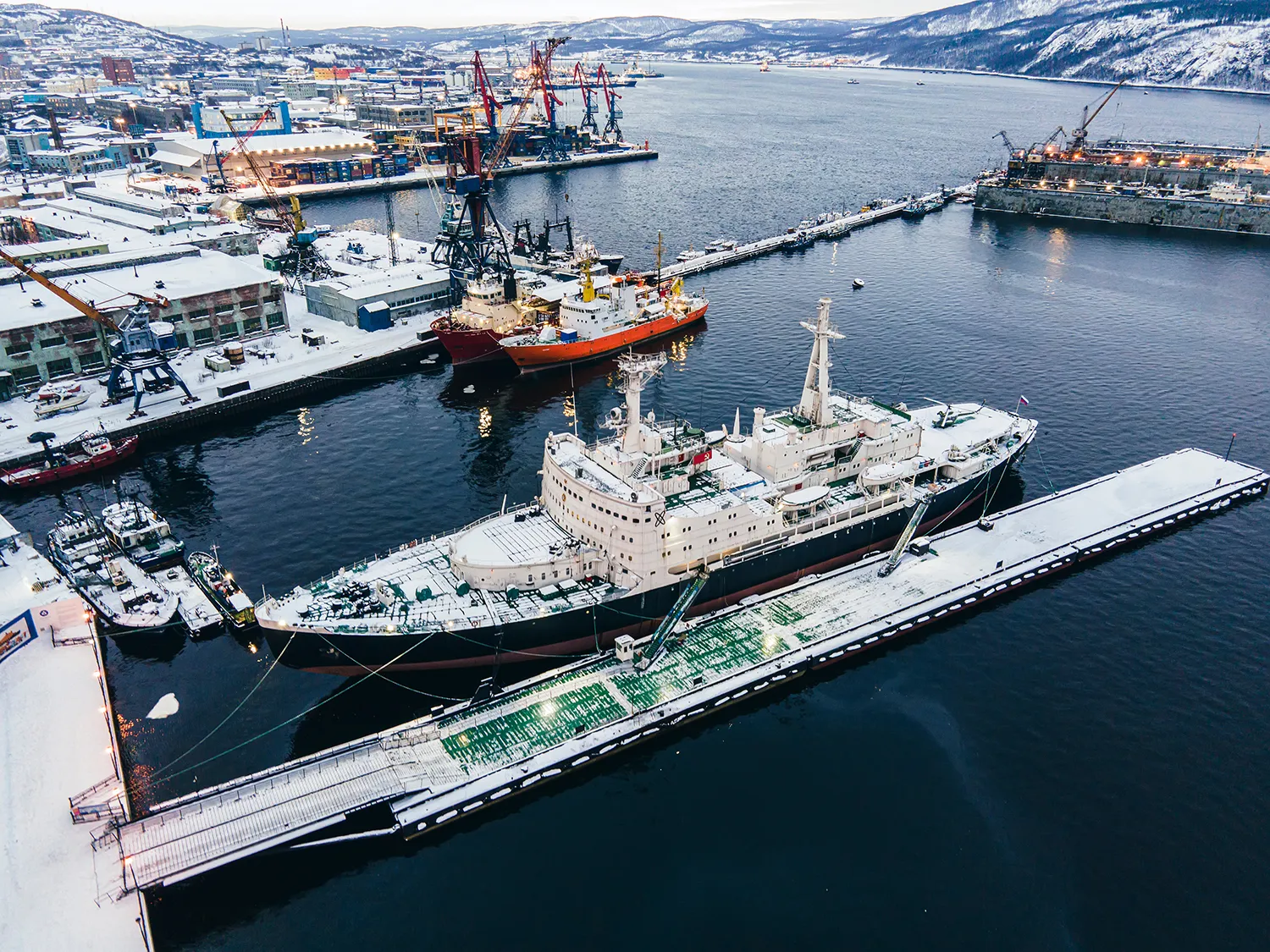
Smarter Arctic Shipping Routes
The Northern Sea Route is a strategic corridor for transporting cargo across Arctic seas like the Barents and Kara. Nuclear-powered icebreakers such as Yamal and Sibir ensure vessel passage even through ice fields up to three meters thick.
Traditional route planning, based on static maps, fails to reflect the rapidly changing Arctic environment, often causing delays and increasing the risk of incidents. The new AI system overcomes this limitation by delivering accurate forecasts and dynamically optimized trajectories—enhancing both safety and operational efficiency.
Environmental and Strategic Benefits
MEPhI’s development reduces convoy time and fuel consumption, lowering maintenance costs by 10–15% and shrinking the carbon footprint—an important factor in minimizing environmental impact.
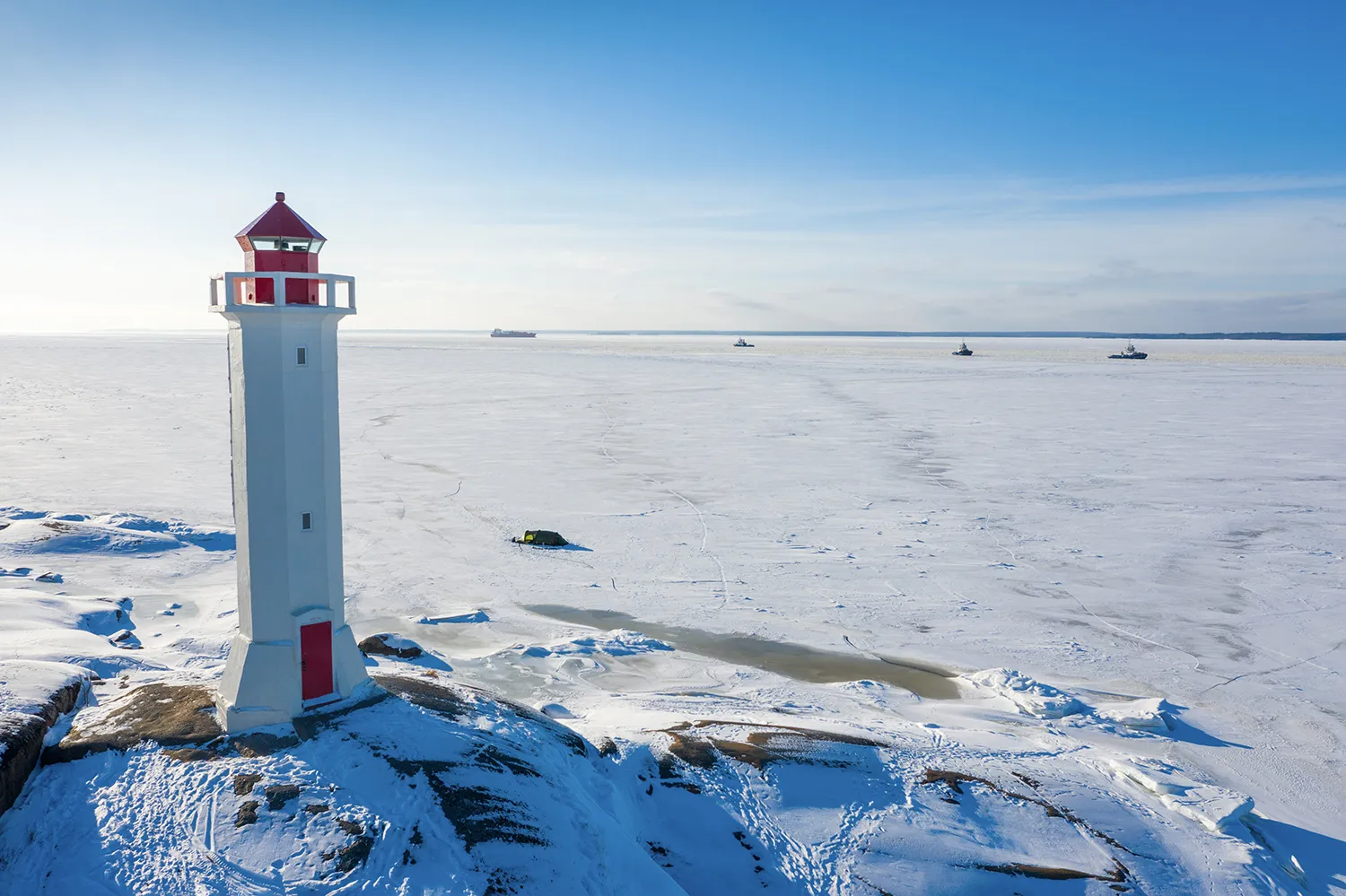
The system enhances safety by steering icebreakers away from severe ice zones, thus reducing accident risk. It’s adaptable to various vessel types, including the newest Project Leader ships like Rossiya, making the platform universal. With full software localization, the system ensures independence from foreign technologies and strengthens Russia’s digital sovereignty.
The technology has high export potential. BRICS nations—particularly China and India—have shown growing interest in Arctic logistics, and this system can be customized for their fleets. Rosatom’s international partners, including Norway and Canada, could also benefit from its implementation.
Domestically, the system can be used on oil and gas platforms and research vessels operating in the Arctic. Integration with AI and digital twin models could enable long-term forecasting of ice conditions, further improving navigation accuracy.
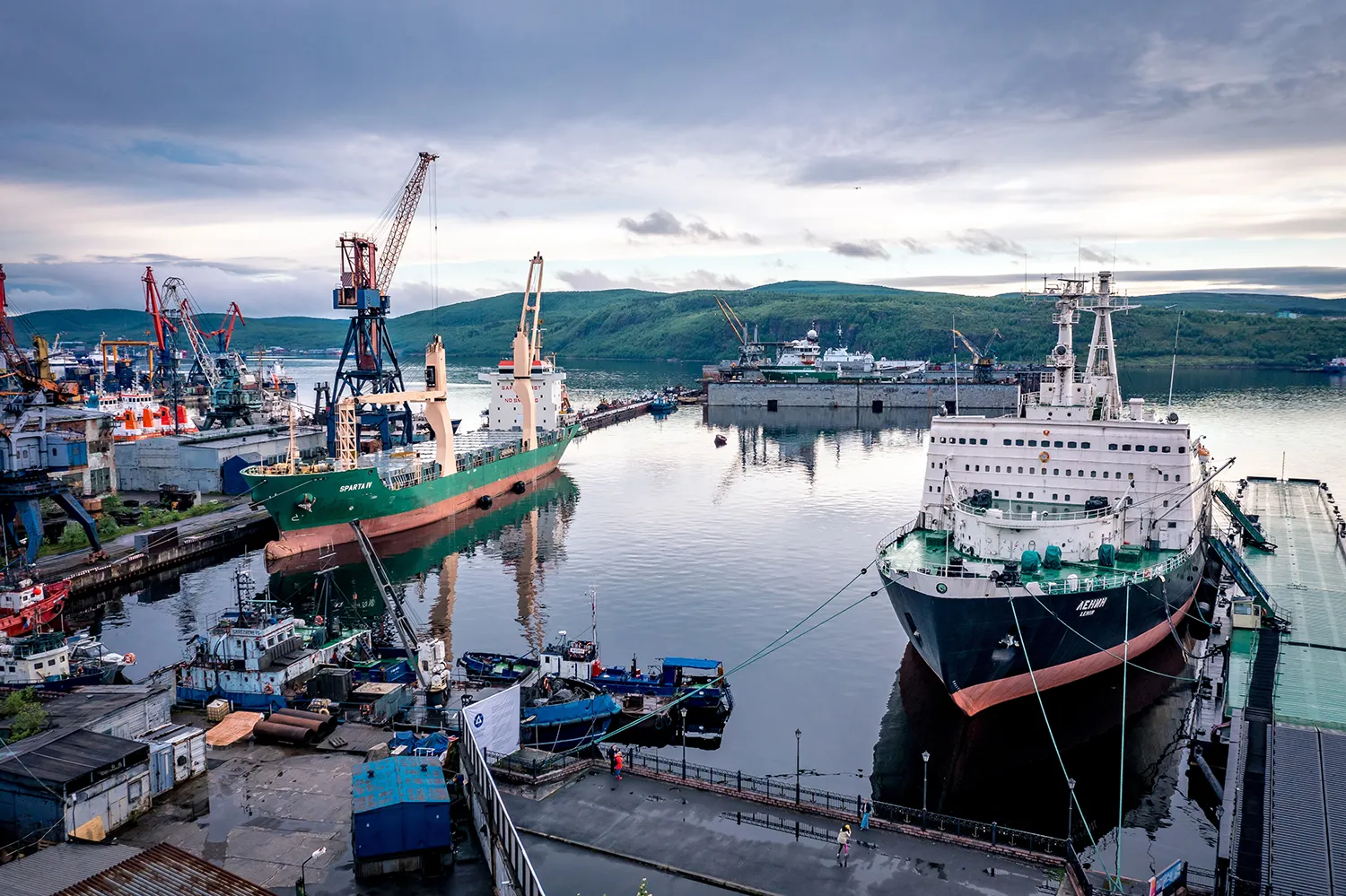
Toward a National Smart Maritime Platform
Since 2018, Rosatom has been investing in digital technologies for its nuclear fleet. Automation of icebreaker management began in 2020, followed by the deployment of ice condition monitoring systems in 2023. In 2024, Rosatomflot piloted AI tools for onboard data analysis, laying the groundwork for MEPhI’s breakthrough system.
While similar technologies are being tested in countries like Norway and Canada, Russia’s edge lies in local integration and deep linkage with the nuclear sector. MEPhI’s AI system represents a major leap in fleet digitalization, consolidating Russia’s leadership in Arctic operations.
Full deployment on all Rosatomflot vessels is expected by 2027, with international exports planned by 2030. The platform could serve as a foundation for a national maritime route management system—supporting both sustainable development and global collaboration.
















